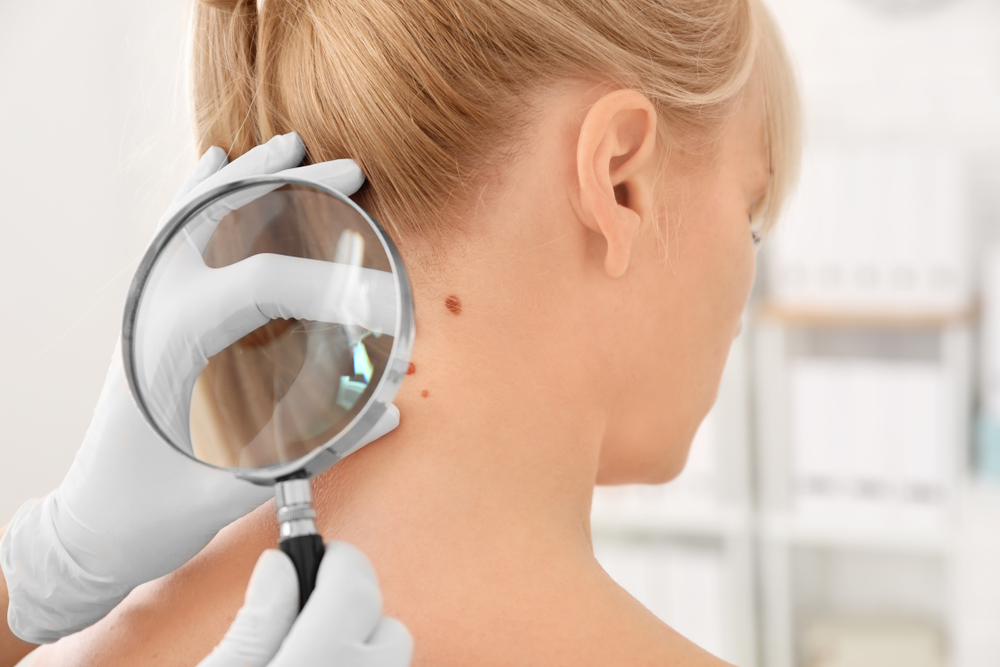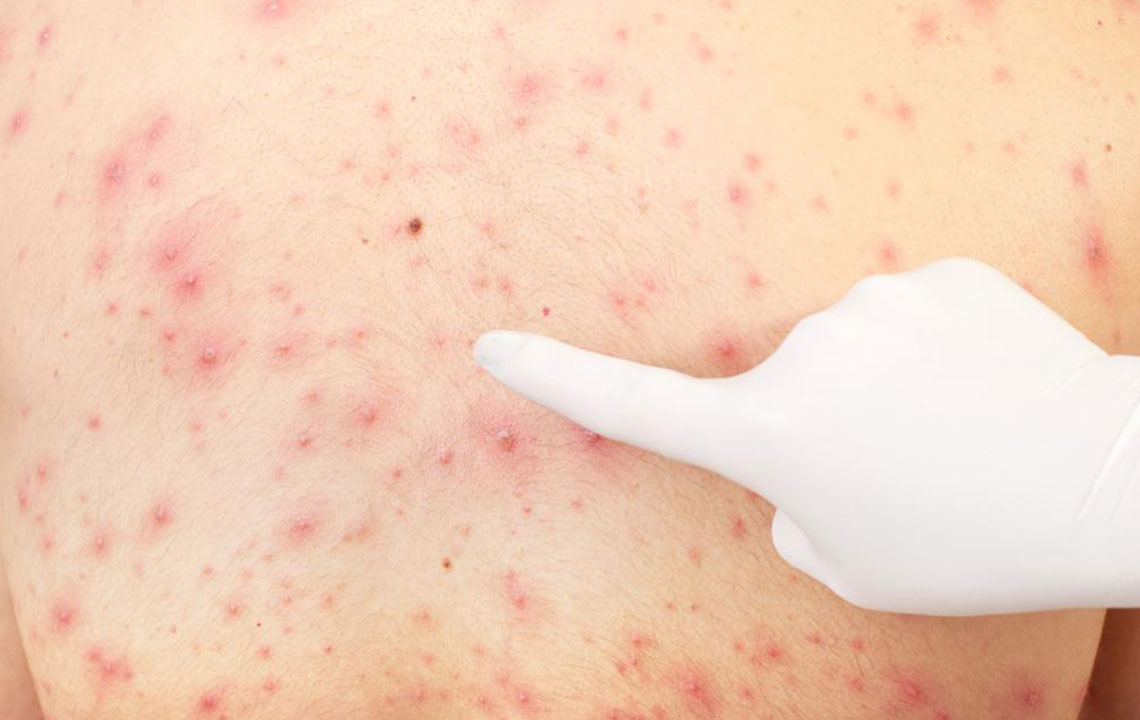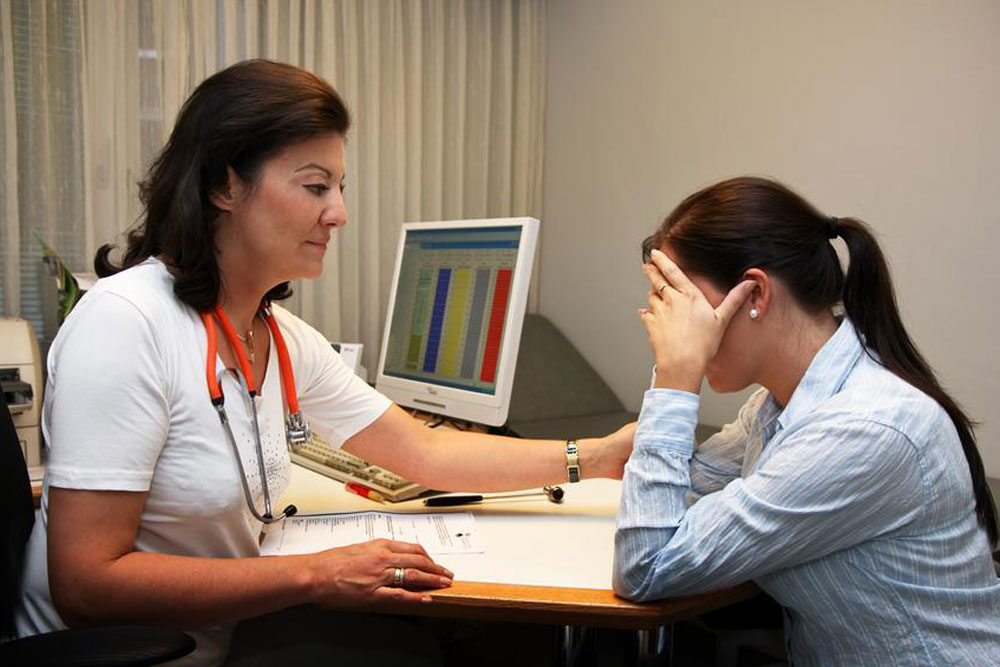Here’s what you need to know about the early signs and detection of esophageal cancer
Esophageal cancer accounts for about 1% of cancer cases diagnosed in the country. That is, nearly 17,000 adults are diagnosed with this form of cancer. The exact cause of esophageal or esophagus cancer is not known. However, there are certain factors that increase the risk of cancer. People with gastroesophageal reflux disease or GERD have a higher risk due to repeated damage to the esophagus. Overconsumption of alcohol also increases the risk of esophagus cancer symptoms.

However, there are a few early signs of this cancer.
Early signs of esophageal cancer
One of the most common esophageal cancer symptoms that shows up early is difficulty in swallowing. A person may feel that food is stuck in the chest or throat. They may even feel that they are choking on food. This symptom is known as dysphagia. In the initial stage, the symptom is quite mild. However, over time, the opening of the esophagus becomes smaller. This worsens dysphagia. As it becomes more difficult to swallow, a person will change their eating habits unconsciously. For instance, they will chew their food slowly and carefully. They will take smaller bites of food. They may even include softer foods in their diet. The body will start producing more saliva to help pass the food through the esophagus. This leads to more secretion of saliva or thick mucus.
Another notable early sign of esophageal cancer is chest pain. A person may experience discomfort or persistent pain in the middle section of the chest. Some may even have a burning sensation. Additionally, a person may experience sudden weight loss. This happens because they are unable to eat enough to sustain their normal weight. Moreover, metabolism may increase and appetite may decrease. These reasons can also cause weight loss.
Other early signs of esophageal cancer include hoarseness of voice, chronic cough, frequent hiccups, black stool due to bleeding in the esophagus, and pain in the bone.
Early detection of esophagus cancer
Since esophageal cancer symptoms do not manifest early, early detection through screening is quite rare. Moreover, according to the American Cancer Society, there are no screening tests that lower the risk of esophageal cancer in people with average risk. However, people with high risk, such as those with Barrett’s esophagus or a history of esophageal cancer in the family, can go through screen tests for early detection of cancer.
Tests for early detection of esophagus cancer
People with a high risk of esophageal cancer need to undergo careful monitoring. This will help to prevent the development of some forms of the cancer of the esophagus. Moreover, monitoring through screening tests can also help in early detection. Treatment in the early stages can increase the likelihood of recovery. Here are a few screening tests that doctors recommend to people with a high risk of esophageal cancer.
- Physical examination and medical history: If a person has esophageal cancer symptoms, a doctor will inquire about their medical history. This will help in determining probable risk factors and know more about the symptoms. Also, a doctor will conduct a physical exam to checks for visible signs of esophageal cancer. The neck and chest areas are thoroughly examined. Further tests may be recommended if the results of the exam are not normal. A gastroenterologist may also be referred.
- Endoscopy: Doctors recommend regular upper endoscopy to people with a high risk of esophageal cancer. Using an endoscope, a doctor examines the inside of the esophagus to check for esophageal cancer symptoms. In case areas of dysplasia (abnormal cells) are found, the testing should be done more often. In case cancer is detected, an ultrasound can also be taken during endoscopy. This helps to determine the size and extent of the tumor. An ultrasound can show if lymph nodes in the nearby areas have been affected by cancer. Also, during endoscopy, the opening of the esophagus can be enlarged to help pass food and liquid if the cancer cells have blocked the opening. Bronchoscopy, thoracoscopy, and laparoscopy are also done to check whether cancer has spread to the windpipe, chest, or abdomen.
- Imaging tests: These include tests using X-rays, magnetic fields, sound waves, and radioactive substances. One of the early screening tests is the barium swallow test. After swallowing barium liquid, the patient undergoes a series of X-rays. This test will show the presence of abnormal areas in the usually smooth surface inside the esophagus. This test also helps to determine the reason for the difficulty in swallowing, in case it is not caused by cancer.
- Biopsy: During an endoscopy, a doctor may take samples of cells from the esophagus if cancer is suspected. The sample is then sent to the lab to test for the presence of cancer cells.




